Pets & Animals
The Otters of Singapore — and Other Unexpected Wildlife Thriving in Cities | Philip Johns | TED
Animal behavior expert Philip Johns introduces us to the vibrant urban environments of Singapore, where city dwellers and skyscrapers coexist with a rich array of other species, including otters, hornbills and lizards — prompting the question: Can we design cities to be wildlife refuges? (Recorded at TEDxYale NUS College on October 21, 2023) If you…
Pets & Animals
How to Make Your Cat Happier — in 3 Minutes | Nicky Trevorrow | TED
There’s a simple way to increase your cat’s happiness, says animal behaviorist Nicky Trevorrow. She explains the importance of play for our feline friends — and for basically any species (looking at you, dog lovers!) — and shares specific, actionable strategies to boost your cat’s mental and physical health. (Recorded at TEDxCardiff on February 11,…
Pets & Animals
Can Dogs Detect the Next Pandemic Before It Begins? | Glen J. Golden | TED
What if animals like dogs, ferrets, mice and raccoons could help sniff out the next pandemic? Exploring the science of smell, neurobiologist Glen J. Golden delves into the development of a “mechanical nose” that could detect diseases by identifying specific odor profiles. Until that technology is fully developed, he explains how we can train humanity’s…
Pets & Animals
Primatologist Answers Ape Questions From Twitter | Tech Support | WIRED
Tara Stoinski, chief scientist of the Dian Fossey Gorilla Fund, answers your questions about primates from Twitter. Why do gorillas pound on their chest? How do apes communicate with one another? Why do chimpanzees have wars? Are there social hierarchies within primate groups? Answers to these questions and many more await—it’s Ape Support. To learn…
-

 Science & Technology5 years ago
Science & Technology5 years agoNitya Subramanian: Products and Protocol
-

 CNET5 years ago
CNET5 years agoWays you can help Black Lives Matter movement (links, orgs, and more) 👈🏽
-

 People & Blogs3 years ago
People & Blogs3 years agoSleep Expert Answers Questions From Twitter 💤 | Tech Support | WIRED
-
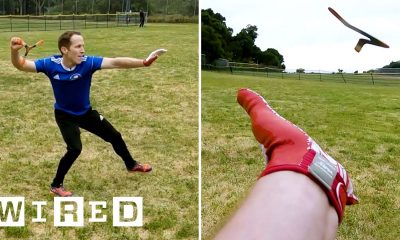
 Wired6 years ago
Wired6 years agoHow This Guy Became a World Champion Boomerang Thrower | WIRED
-
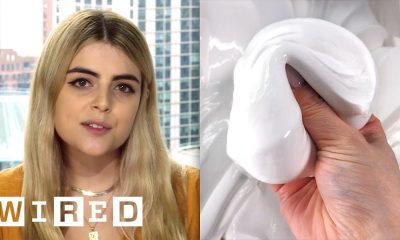
 Wired6 years ago
Wired6 years agoNeuroscientist Explains ASMR’s Effects on the Brain & The Body | WIRED
-

 Wired6 years ago
Wired6 years agoWhy It’s Almost Impossible to Solve a Rubik’s Cube in Under 3 Seconds | WIRED
-

 Wired6 years ago
Wired6 years agoFormer FBI Agent Explains How to Read Body Language | Tradecraft | WIRED
-

 CNET5 years ago
CNET5 years agoSurface Pro 7 review: Hello, old friend 🧙
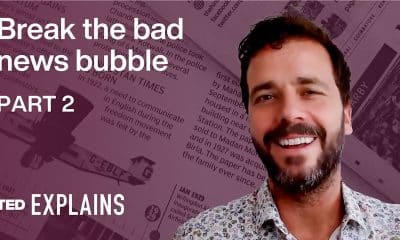









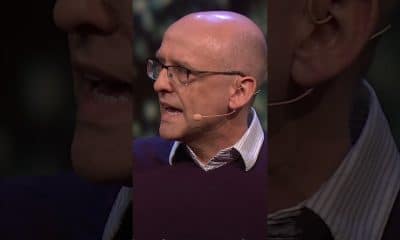

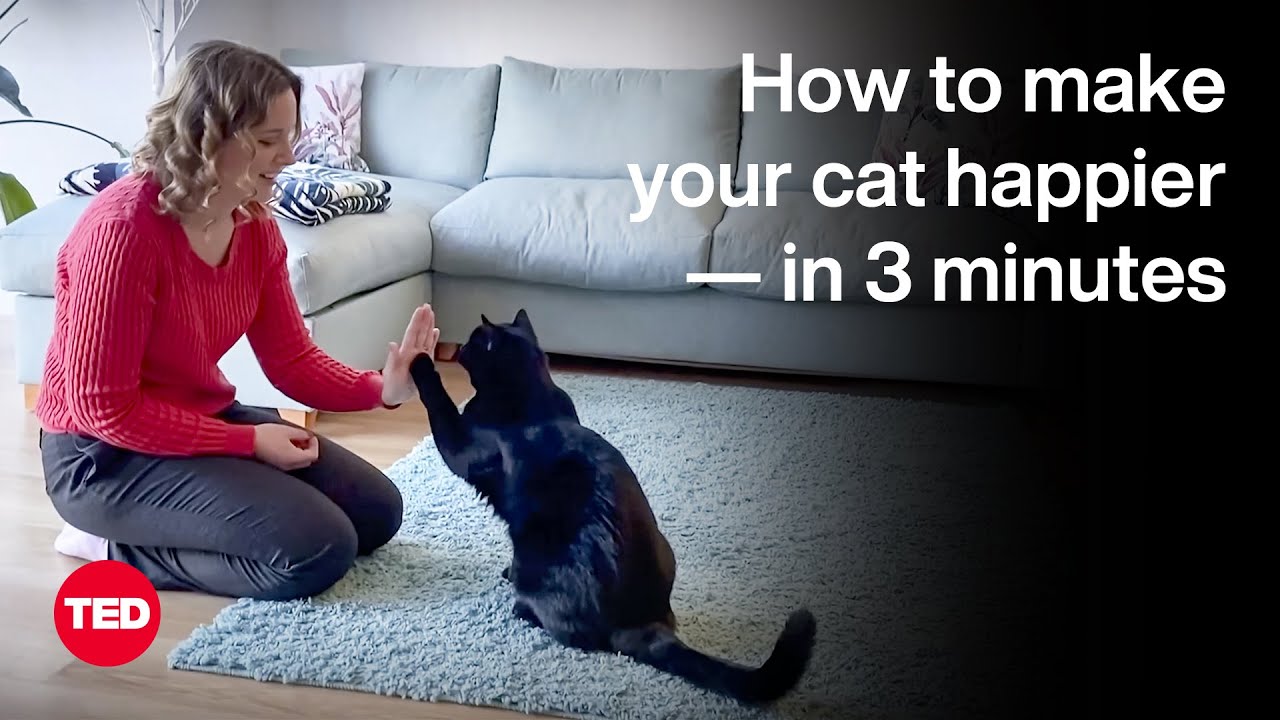
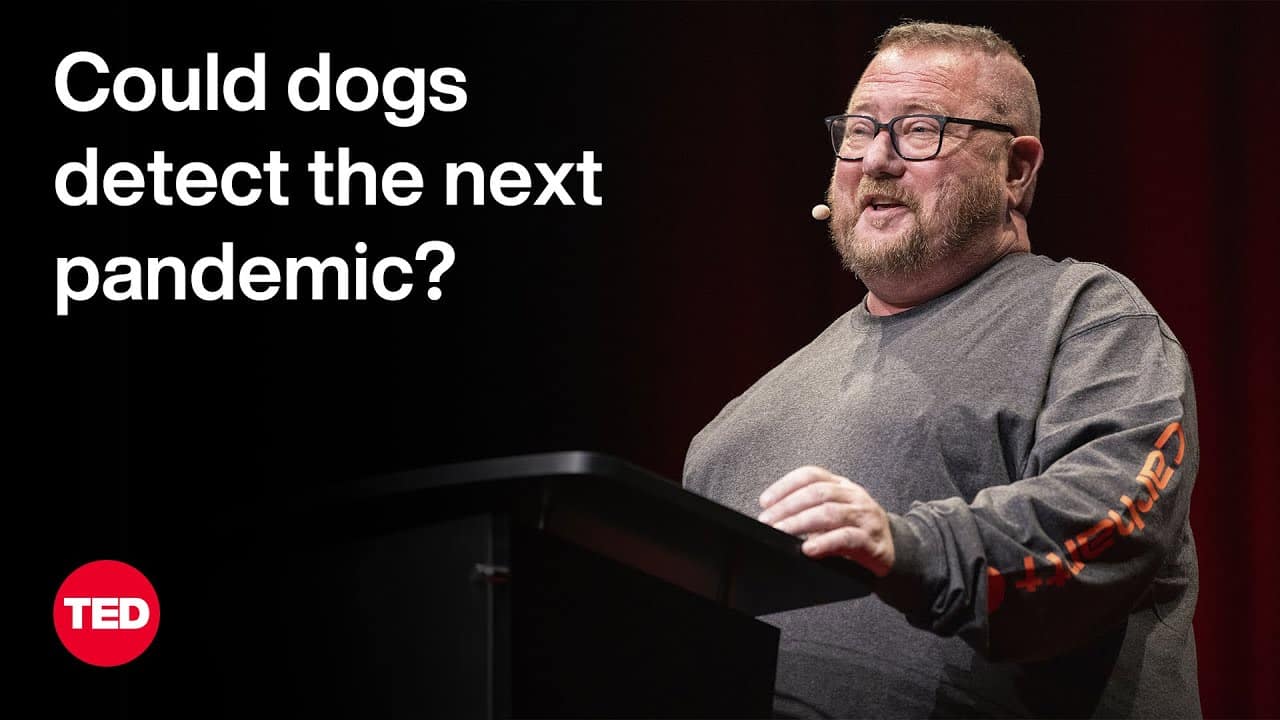
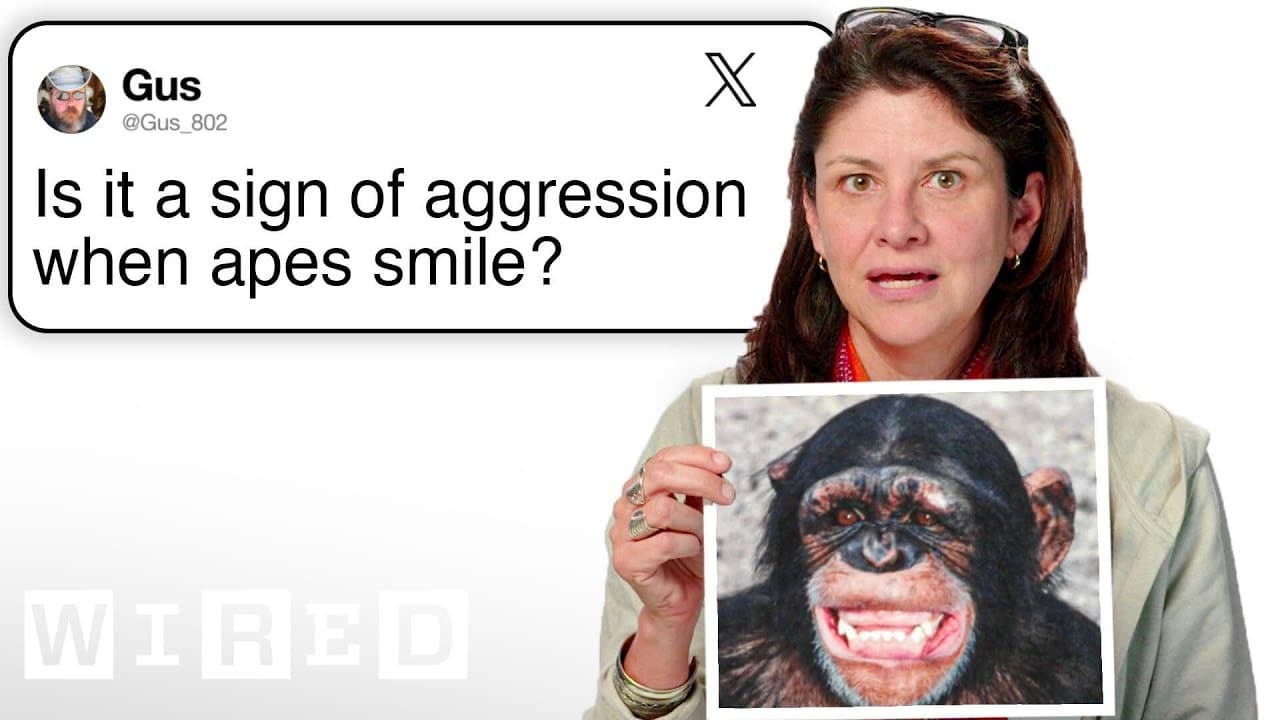



@Danestani.master1
September 26, 2024 at 7:11 am
I wish you would have a program about dust storms in the Middle East and iran they have made life difficult for us.
@StarlitFran
September 26, 2024 at 9:08 am
I want to be an otter watcher
@heatherburch7697
September 26, 2024 at 10:33 am
Anyone else think this guy is a young Carl Fredrickson look alike from the movie Up? I mean this in the most complimentary way. I love him.
@zakeibc
September 26, 2024 at 12:12 pm
This reminds me of that BBC mini clip from a documentary 😊❤❤❤
@zakeibc
September 26, 2024 at 12:14 pm
Please don’t forget the endangered wild junglefowl who roam everywhere freely, i love them to bits too! Ancestor of the modern day chicken ❤❤❤
@berenicehickey9755
September 27, 2024 at 8:49 pm
Yes! They are gorgeous birds. I live in Singapore and hear the rooster every morning as I get up early….
@unicornia7494
September 30, 2024 at 8:31 am
They are not junglefowl though, most are just normal chickens that were released during COVID. Talked to a Nparks personnel regarding this
@biocapsule7311
October 1, 2024 at 9:56 am
@@unicornia7494 Not really. Not sure which type they are. But some of them exist and are well established in certain areas long before Covid. There was already a bunch of them around SGH, that looks like normal chickens. Those around my flat near Boon Keng have plumages that look closer to Junglefowl, very colorful. The female looks nothing like what you expect a chicken to look like, smaller, smoother in shape.
@zakeibc
September 26, 2024 at 12:22 pm
There are also snake watchers and insect watchers etc
@zakeibc
September 26, 2024 at 12:28 pm
I feel one of the larger contributing factors which made the wildlife come back was actually cov1d because people stayed home during the lockdown and wildlife had more safe space to roam.
@ScarlitWidow
September 26, 2024 at 8:02 pm
I have lived in the Boston MA area for 5 years. This past year we moved into the city. Since moving into the city I’ve seen, a groundhog that lives under my neighbors house and he can’t figure out how to get rid of it, a very large skunk, a very large non-venomous snake, rabbits galore, and of course birds, squirrels, chipmunks. Very interesting
@pushpakumardaniel3751
September 27, 2024 at 1:11 am
As the human race encroaches the forest habitat, the wild animals have learnt to live in the city habitat with humans.
@Pestosaucey65
September 27, 2024 at 2:52 am
Sometimes the reintroduction of a species has a knock-on effect, displacing another subspecies. For example, wolves in Yellowstone and Colorado “ evicted” coyotes who then “moved” foxes into suburban, then urban areas. I have seen the increase of foxes in cities like the one I live in, Lincoln, NE and also, for a curious reason, in the UK before fox hunting became unpopular, foxes forsook country fields. and woods to take up residence in Bristol, England and very populated urban areas of London. 🦊🦊🦊
@IbrahimKone-ix4qi
September 27, 2024 at 5:09 am
!I recently sold some of my long-term position and currently sitting on about 250k, do you think Nvidia is a good buy right now or I have I missed out on a crucial buy period, any good stock recommendation on great performing stocks or Crypto will be appreciated.
@JoseLopez-lf9rw
September 27, 2024 at 5:09 am
As a beginner investor, it’s essential for you to have a mentor to keep you accountable.
Kristine Lynn Weber is my trade analyst, she has guided me to identify key market trends, pinpointed strategic entry points, and provided risk assessments, ensuring my trades decisions align with market dynamics for optimal returns.
@SonyaYeva
September 27, 2024 at 5:09 am
I managed to grow a nest egg of around 120k to over a Million. I’m especially grateful to Adviser Kristine Lynn Weber, for her expertise and exposure to different areas of the market.
@JoseLopez-lf9rw
September 27, 2024 at 5:09 am
I don’t really blame people who panic. Lack of
information can be a big hurdle. I’ve been
making more than $100k passively by just
investing through an advisor, and I don’t have
to do much work. Inflation or no inflation, my
finances remain secure. So I really don’t blame
people who panic.
@SonyaYeva
September 27, 2024 at 5:09 am
Without a doubt! Kristine Lynn Weber is a trader who goes above and beyond. she has an exceptional skill for analyzing market movements and spotting profitable opportunities. Her strategies are meticulously crafted based on thorough research and years of practical experience..
@SonyaYeva
September 27, 2024 at 5:10 am
look up her name on the web for her website.
@berenicehickey9755
September 27, 2024 at 8:47 pm
I do voluntary field work in Singapore. Moved here from London decades ago. Currently doing dragonfly count,species,numbers etc. Also with Jane Goodall Institute here for the Raffles Banded Langur. The reintroduction to the wild of the Pied Hornbill has been successful. I have spotted them from my window and they say on my friends balcony.
@ivannovotny4552
September 27, 2024 at 8:49 pm
Amazing video presentation and thank you for sharing/posting.
@benyeong5378
September 29, 2024 at 2:29 am
I LOVE your video, I had just subscribed to your channel and like your video. I will keep support your channel.
@sdqsdq6274
September 29, 2024 at 7:45 am
guess he doesnt know singapore has tigers before , which is extinct
@amodpataskar5673
October 1, 2024 at 12:05 pm
The coexistence was always there before the human population exploded hence its time to give back the space wildlife needs